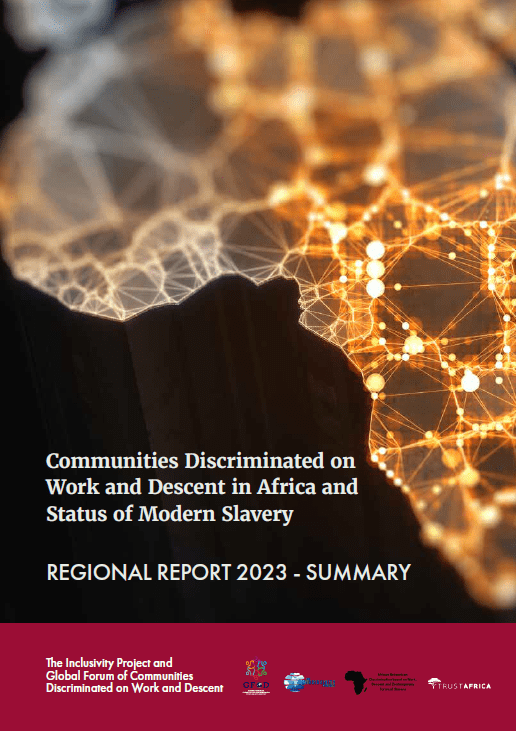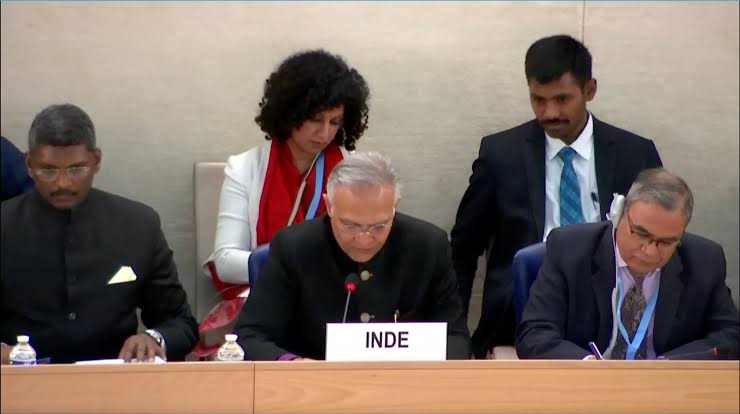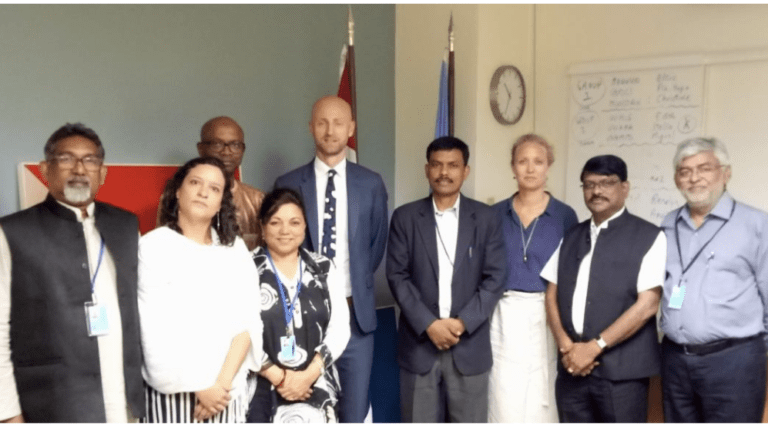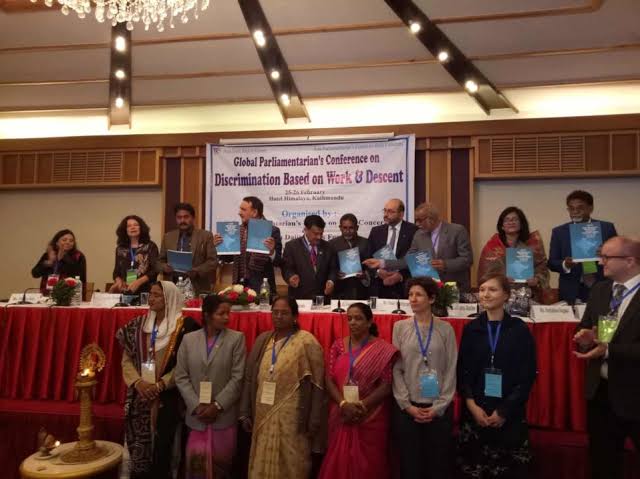Communities Discriminated on Work and Descent in Africa and Status of Modern Slavery – Regional Report 2023 – Summary
Africa has a long-standing history of slavery and slavery practices through domestic slavery, which intensified extensively through the trans-Saharan, Indian Ocean and the trans-Atlantic slave trade. Today, hundreds of thousands of formerly enslaved people in and from Africa can trace back their modern forms of slavery and discrimination – to the caste-based slavery of the…





